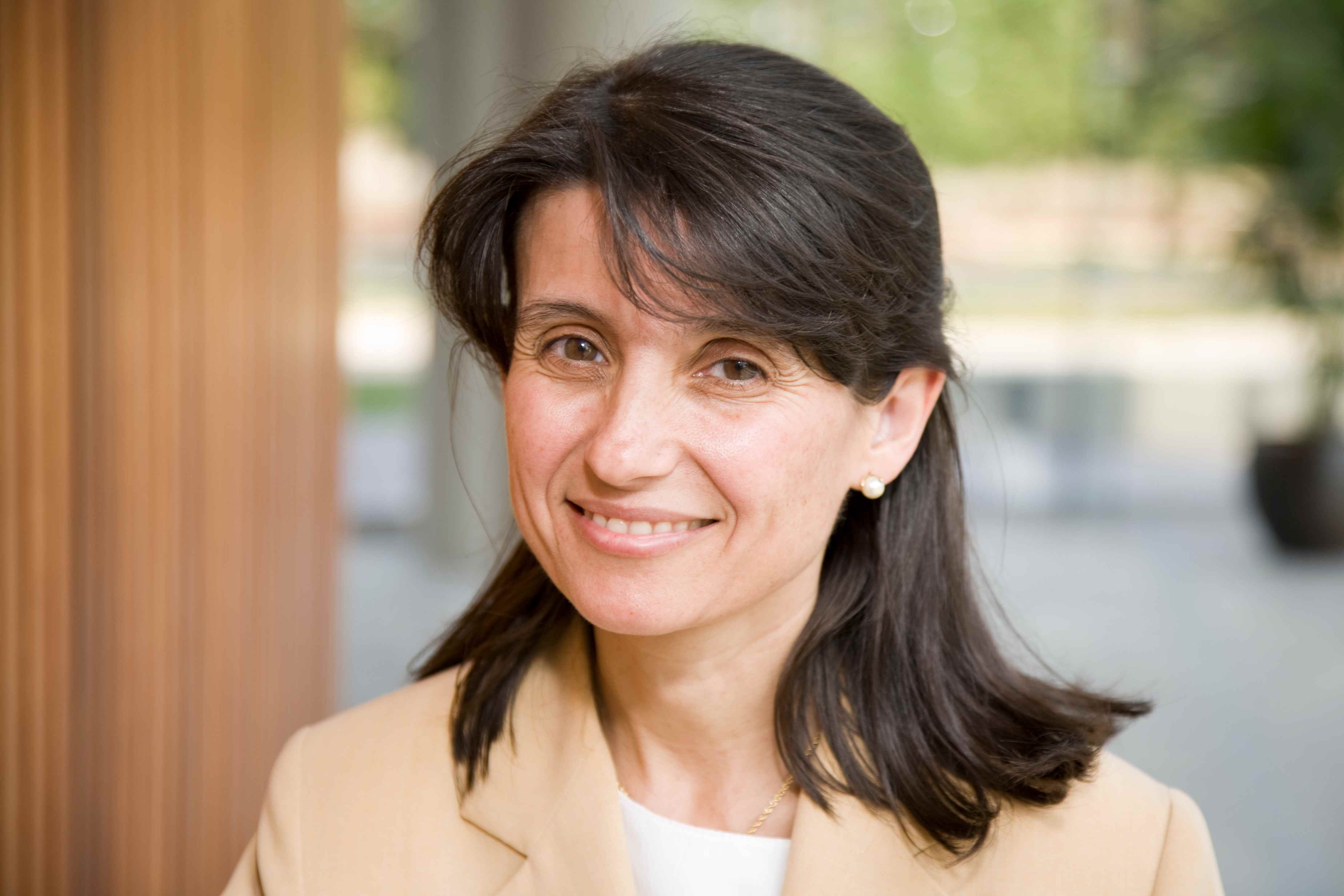IUBMB Lecture
Thursday 4 September
11:45-12:30, Grand Auditorium
 |
Institute for Aging Studies, Albert Einstein College of Medicine, New York, US Selective autophagy in the cellular response to stress Autophagy is an essential cellular process that contributes to protein quality control along with chaperones and other proteolytic pathways and it also assures recycling of cellular components for energetic purposes. Of the different types of autophagy that co-exist in mammalian cells, failure of two of them, macroautophagy and chaperone-mediated autophagy, has been shown to result in major alterations of proteostasis and often cellular toxicity and death. Conversely, upregulation of autophagic process is emerging as an attractive intervention in the defense against proteotoxicity, lipotoxicity and genotoxicity. In this, talk I will present work from our laboratory trying to address the physiological role of selective autophagy in the defense against different stressors and the consequences of these autophagic pathways malfunctioning in aging or in disease. We have generated novel mouse models with defective autophagy that allow us now to discriminate universal and tissue-specific effects of autophagic failure. Our current efforts are directed to 1) identify the molecular components responsible for the failure of selective autophagy with age and in disease and 2) develop interventions that can restore normal autophagic activity, to analyze the possible beneficial effect on the robustness of the cellular and organism response to different types of stress.Biography Dr. Ana Maria Cuervo is the Robert and Renee Belfer Chair for the Study of Neurodegenerative Diseases, Professor in the Departments of Developmental and Molecular Biology and of Medicine of the Albert Einstein College of Medicine and co-director of the Einstein Institute for Aging Studies. She obtained her M.D. degree and a Ph.D. in Biochemistry and Molecular biology from the University of Valencia (Spain) in 1990 and 1994, respectively, and received postdoctoral training at Tufts University, Boston. In 2002, she started her laboratory at the Albert Einstein College of Medicine, where she continues her studies in the role of protein-degradation in neurodegenerative diseases and aging. Her group is interested in understanding how altered proteins can be eliminated from the cells. Her group has recently linked alterations in lysosomal protein degradation with different neurodegenerative diseases including Parkinson’s, Alzheimer’s and Huntington’s disease. They have also proven that restoration of normal lysosomal function prevents accumulation of damaged proteins with age, demonstrating this way that removal of these toxic products is possible. Dr. Cuervo is considered a leader in the field of protein degradation in relation to biology of aging and has been invited to present numerous lectures including the prestigous Robert R. Konh Memorial Lecture, the NIH Director’s Lecture, the Roy Walford Endowed Lecture, the Feodor Lynen Lecture and the Margaret Pittman Lecture. She has organized and chaired international conferences on protein degradation and on Aging, belongs to the editorial board of scientific journals in this topic and she is currently co-Editor-in-Chief of Aging Cell and associate editor of Autophagy. She has been the recipient of prestigious awards such as the P. Benson Award in Cell Biology, the Keith Porter Fellow in Cell Biology, the Nathan Shock Memorial Lecture Award, the Vincent Cristofalo Rising Start in Aging Award, the Bennett J. Cohen award in basic aging biology and the Marshall Horwitz Prize for excellence in research. She has also received twice the LaDonne Schulman Teaching Award. Dr. Cuervo is currently member of the NIA Scientific Council and of the NIH Council on Councils. |
||
|
|
|||





